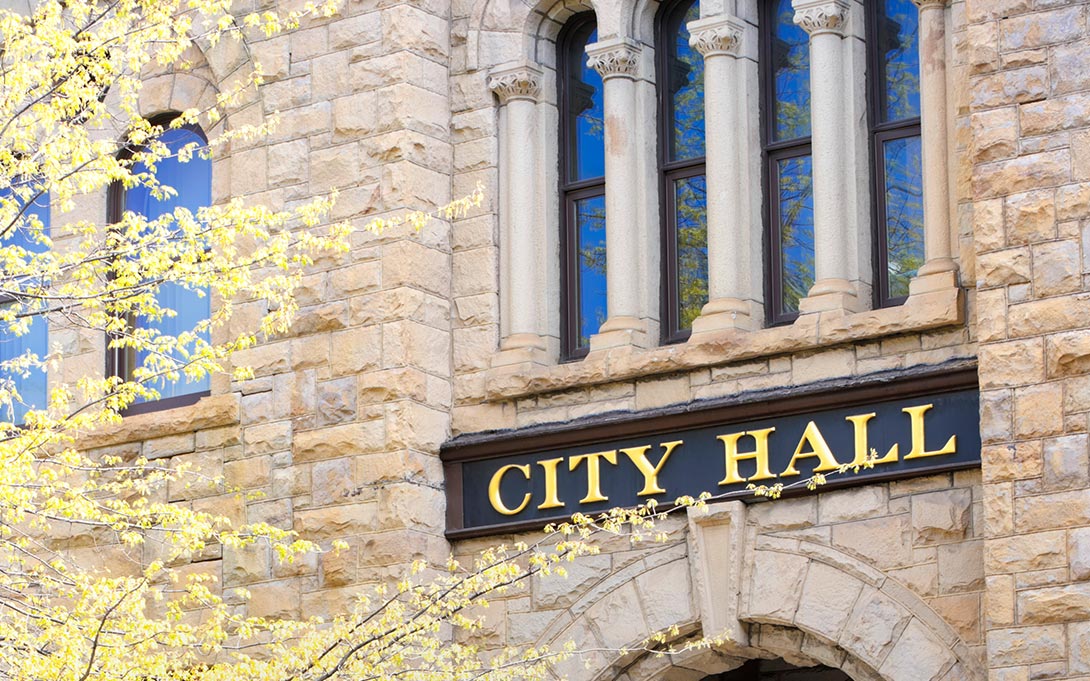
When Congress passed the Financial Data and Transparency Act (FDTA) in 2022, it required all municipalities in the U.S. to modernize and digitize their financial reports. This is a heavy lift for small towns and school districts, most of which still report their financial information in PDF documents.
The Center for Local, State, and Urban Policy's (CLOSUP) Fiscal Health Project is working to help. It has partnered with DAC Bond, a technology company that helps clients with municipal bond disclosure requirements.
CLOSUP hired Ford School graduate student Katrina Wheelan (MPP ‘25) to lead the development of a tool that will allow municipalities to input financial data into an online spreadsheet form to build the reports required by the new law, speeding up the reporting process and making data more accessible.
Over the past year, Wheelan led a team of U-M students to build the new tool. In May, they presented it to SEC staff members for feedback. And now, they are working with municipalities in Michigan to pilot the tool.
“Services like this exist, but they are typically something that big cities use because they are expensive,” Wheelan explained. “The idea is to offer something free and open-sourced for small cities that might not be able to afford the more expensive product.”
Wheelan is uniquely qualified for the project. As an undergraduate, she was a dual-major in history and math with an emphasis on computer science. Before coming to the Ford School, she worked for a Chicago data-science and policy group leading partnerships with federal and state agencies to leverage machine learning to improve environmental regulatory compliance.
According to Justin Hughes, an associate with DAC Bond, Wheelan’s work addresses challenges faced by small municipalities.
“DAC assists more than 2,000 clients nationally with municipal bond continuing disclosure,” he said. “We welcomed the idea of pairing with an academic institution to provide an open-source solution to these upcoming changes, especially one with the recognition and experience of the University of Michigan. Our goal is to find the most economical solution for our clients, which we feel this project will provide.”
The new tool uses eXtensible Business Reporting Language, or XBRL, a royalty-free, open source international framework that communicates financial data on the internet. XBRL essentially labels financial information with standardized meta tags to provide important details that can be translated to generate government reports or viewed interactively on a website. Converting data into this format can help achieve the FDTA’s goal of making data more accessible to everyone.
The project is an opportunity for Wheelan to work at the intersection of data science and government, a path she’s interested in pursuing after graduation.
“There is a lot of low hanging fruit in local government, where you can make a big difference by implementing a relatively simple technology,” she said. “Any time you’re converting paper records to digital, it creates so much efficiency, which leads to financial savings.”
For Wheelan, who is currently working in the City of Detroit’s Office of Budget, the project has inspired an interest in municipal finance and policy implementation.
“On a larger scale, government has these rules on the books, but how do we make them happen? That’s where technology can play a big role in government,” she said.
By Sheri Hall
